EDITORIAL
Published on 10 Nov 2022
Editorial: Advances in wild type and mutant p53 research in cancer
doi 10.3389/fmolb.2022.1064280
- 2,020 views
9,226
Total downloads
35k
Total views and downloads
Select the journal/section where you want your idea to be submitted:
EDITORIAL
Published on 10 Nov 2022
REVIEW
Published on 26 Sep 2022
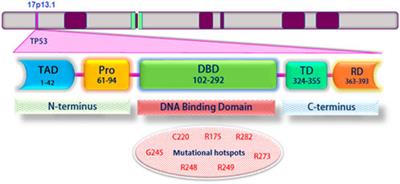
REVIEW
Published on 25 Aug 2022
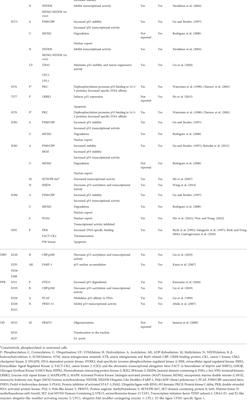
REVIEW
Published on 23 Jun 2022
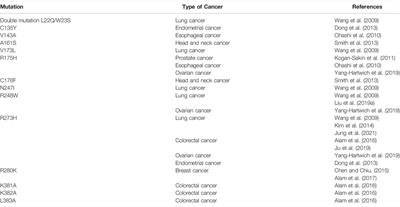
ORIGINAL RESEARCH
Published on 13 Jun 2022
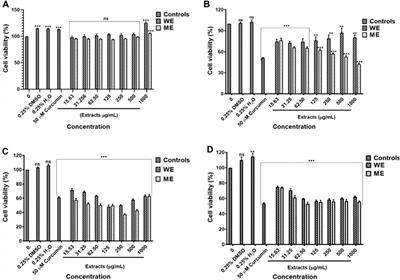
ORIGINAL RESEARCH
Published on 01 Jun 2022
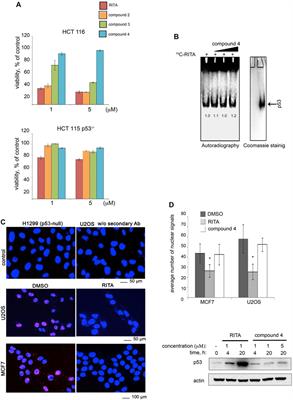
REVIEW
Published on 10 May 2022
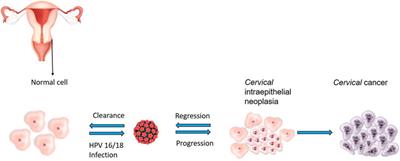
REVIEW
Published on 13 Apr 2022


Frontiers in Cell and Developmental Biology